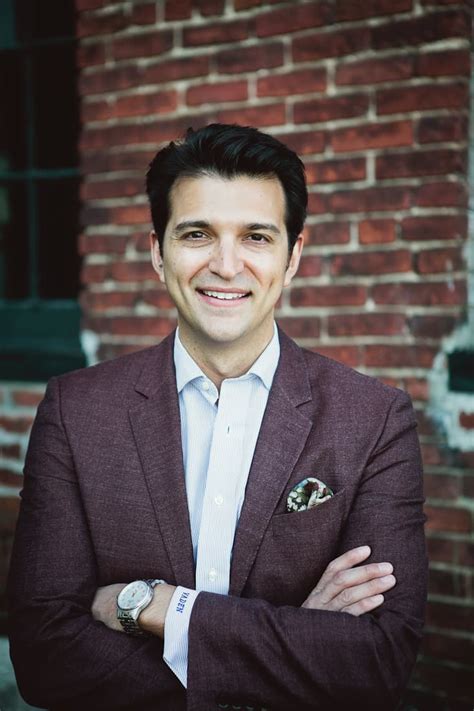A Quote by Charlotte Bunch
If you think that you are where you are just because you worked hard, it is easy to become self-righteous and make classist moral judgments about others.
Related Quotes
Self-righteousness is unavoidable. You can either be a self-righteous Pharisee where you think you are better than everyone else or you can be a self-righteous pagan who thinks you are better than the Pharisee. If you are a self-righteous person, I could become very self-righteous thinking that you're self-righteous and you think you're so good but I know you're bad. I know I'm bad so that makes me better than you.
Some virtues, when they become fashions, also become exaggerated. Just because nobody likes a judgmental attitude does not mean that there isn't a sort of spoiled, self-righteous hypocrisy when one man obsessively commands other men not to judge without knowing the circumstances without himself, too, knowing their circumstances behind their judgments.
A belief in moral absolutes should always make us more, not less, critical of both sides in any conflict. This doesn't mean that both sides are equally wrong; it means that since we all fall short of moral perfection, even the side whose cause is truly righteous may commit terrible acts of violence in defense of that cause -- and, worse, may feel quite justified in committing them. That is the difference between being righteous and being self-righteous. Moral standards are absolute; but human fidelity to them is always relative.
The Constitution exists precisely so that opinions and judgments, including esthetic and moral judgments about art and literature, can be formed, tested, and expressed. What the Constitution says is that these judgments are for the individual to make, not for the Government to decree, even with the mandate or approval of a majority. Technology expands the capacity to choose; and it denies the potential of this revolution if we assume the Government is best positioned to make these choices for us.
I've always resented the smug statements of politicians, media commentators, corporate executives who talked of how, in America, if you worked hard you would become rich. The meaning of that was if you were poor it was because you hadn't worked hard enough. I knew this was a lite, about my father and millions of others, men and women who worked harder than anyone, harder than financiers and politicians, harder than anybody if you accept that when you work at an unpleasant job that makes it very hard work indeed.
We often think more highly of ourselves than we ought to, and it's easy to judge others and be critical of their weaknesses and shortcomings. But this self-righteous attitude is a sin that we can be blinded to because we're so focused on what the other person did wrong. The reality is this attitude is worse than the wrong behavior we're judging.
As an athlete, success is not just about winning; it is about working hard and giving it all you have. I have always taken one match at a time and worked hard; when I succeeded, I worked further on the aspects of the game which worked for me; when I failed, I listed out my weaknesses and worked on them.
By "moral discipline," I mean self-discipline based on moral standards. Moral discipline is the consistent exercise of agency to choose the right because it is right, even when it is hard. It rejects the self-absorbed life in favor of developing character worthy of respect and true greatness through Christlike service.
The most self-disciplined people in the world aren't born with it, but at one point they start to think differently about self discipline. Easy, short-term choices lead to different long-term consequences. Difficult short-term choices lead to easy long-term consequences. What we thought was the easy way led to a much more difficult life. I think that motivation is sort of like a unicorn that people chance like a magic pill that will make them suddenly want to work hard. It's not out there.






































